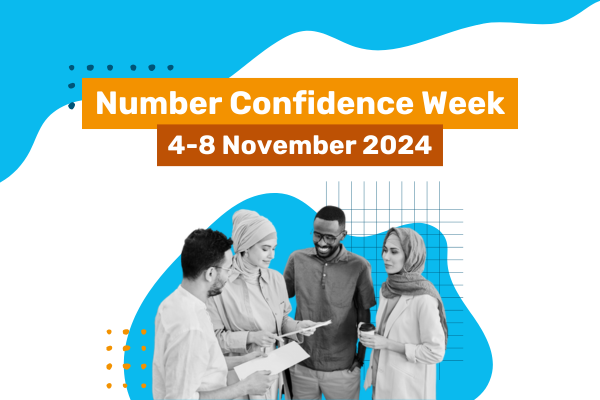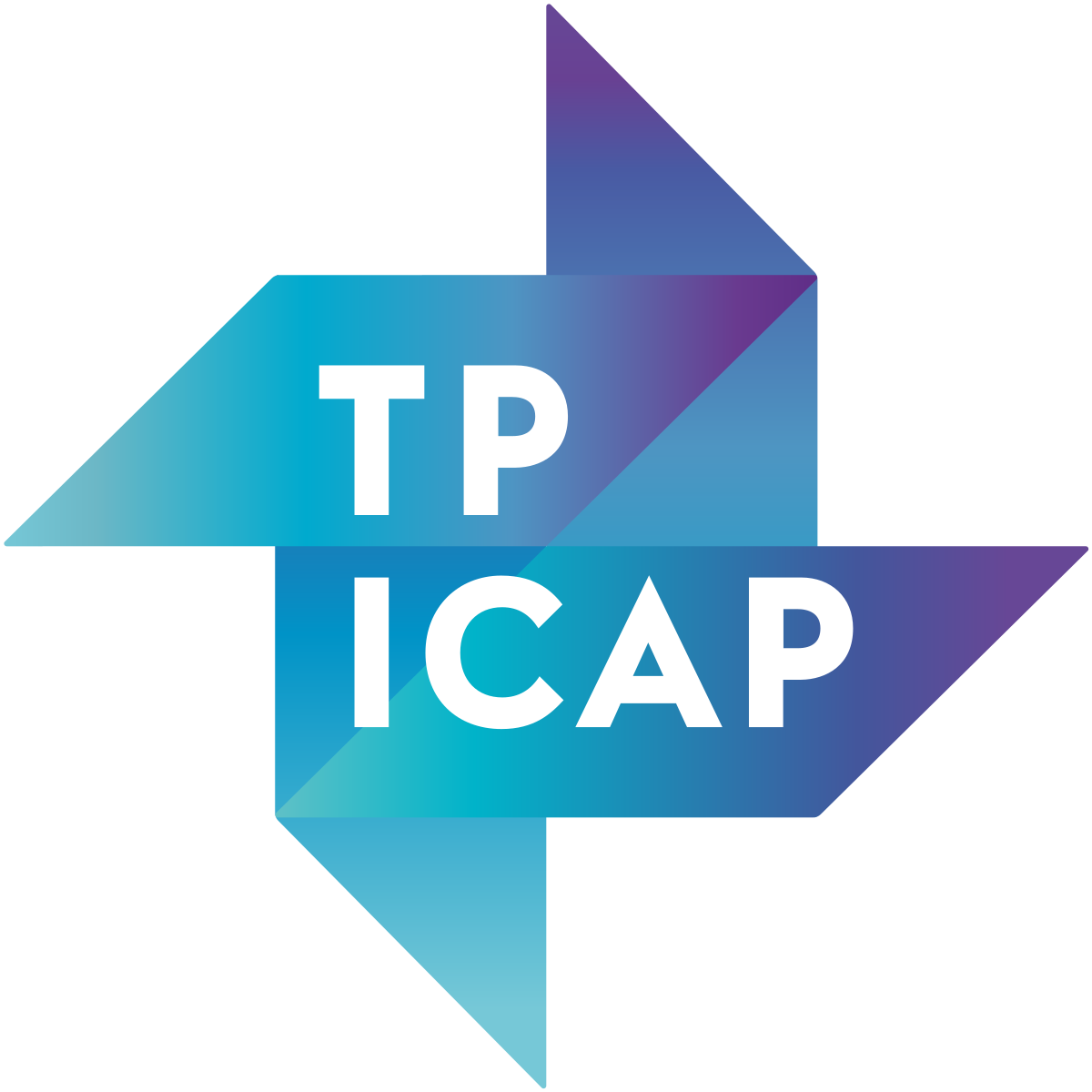Despite having similar skill levels, women show much lower confidence levels with maths than men and this is holding them back. Lacking number confidence makes life more challenging – whether it's managing bills, following medical advice, or pushing for a promotion. The result can lead to debt, anxiety, and missed career opportunities.
And it's not just women – these attitudes hurt everyone, including men who face pressures that prevent them from seeking support.
Number Confidence Week, 4-8 November, seeks to change that by empowering people to build their confidence, and unlock new opportunities.
And this year, we want to tackle the gender confidence gap that limits career options and social mobility, particularly for women. Through an inclusive campaign, the week will also highlight barriers men face, while helping all individuals to build their confidence and support each other.
Free resources and activities
We will provide free new resources for teachers, families, and adults who support children in learning. There will also be free confidence-boosting activities for adults via our website and emails. And, with the help of our celebrity ambassadors, the week will showcase stories of overcoming barriers to numeracy.
Eleni, bydd adnoddau ysgol hefyd ar gael yn Gymraeg! Cofiwch gofrestru ar gyfer eich Pecyn Cymorth isod. This year, school resources will also be available in Welsh! Remember to register for your toolkit below.
Organisations can also get involved and are asked to motivate colleagues to participate in a Big Number Natter.












